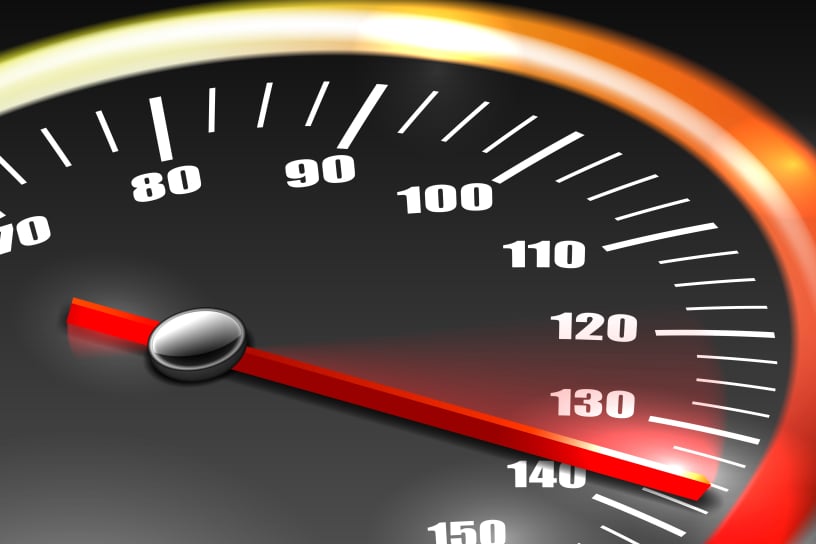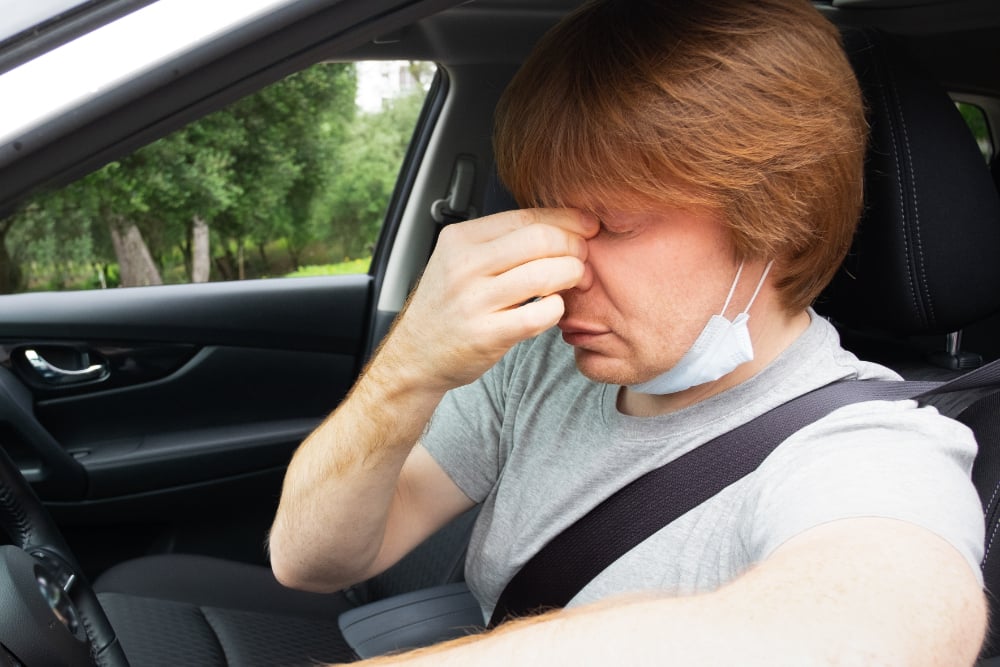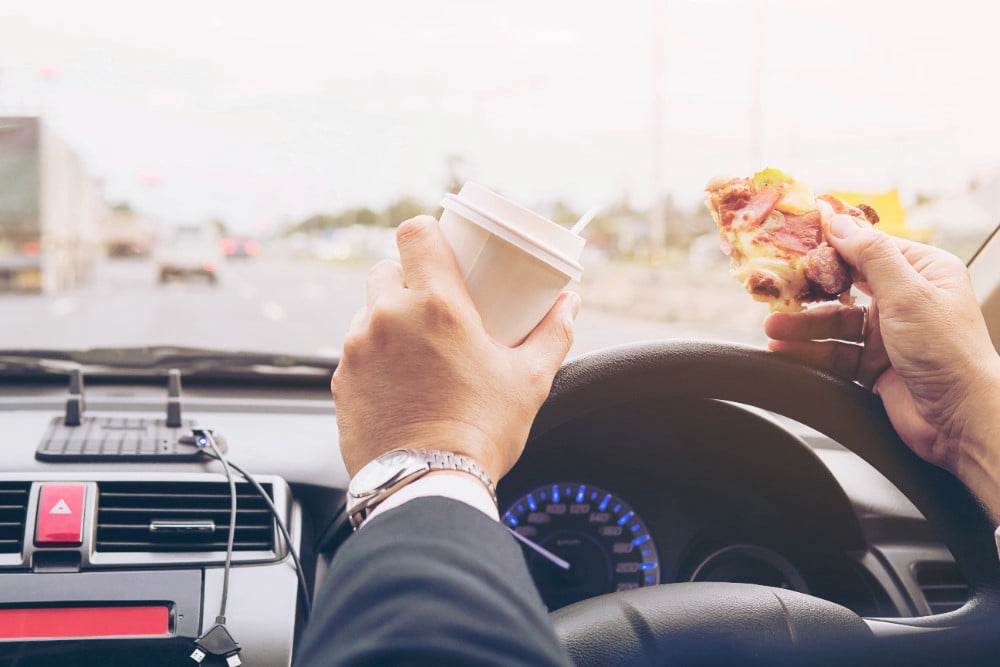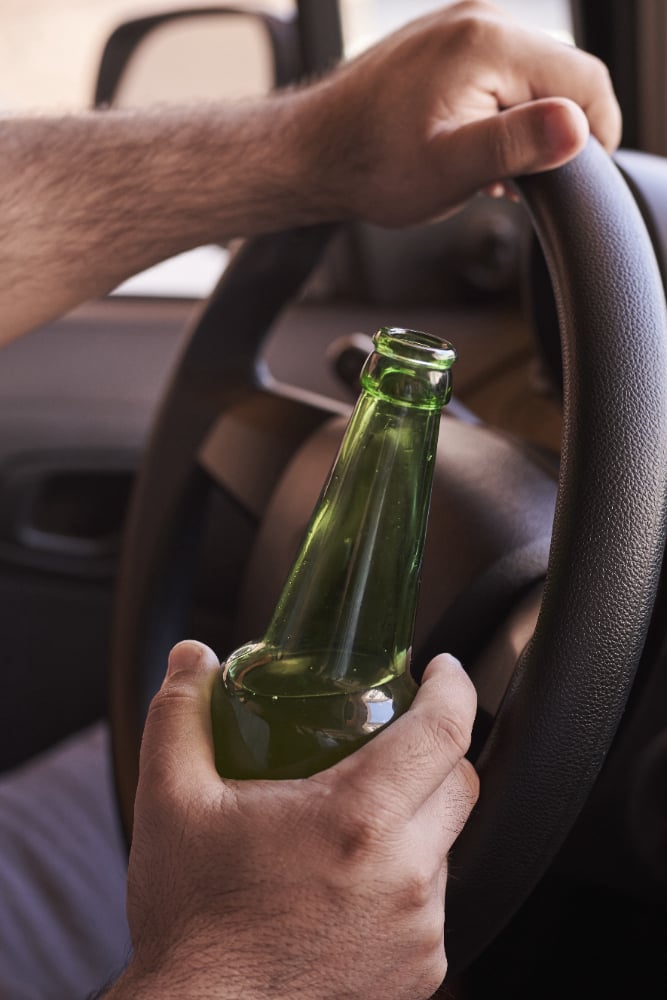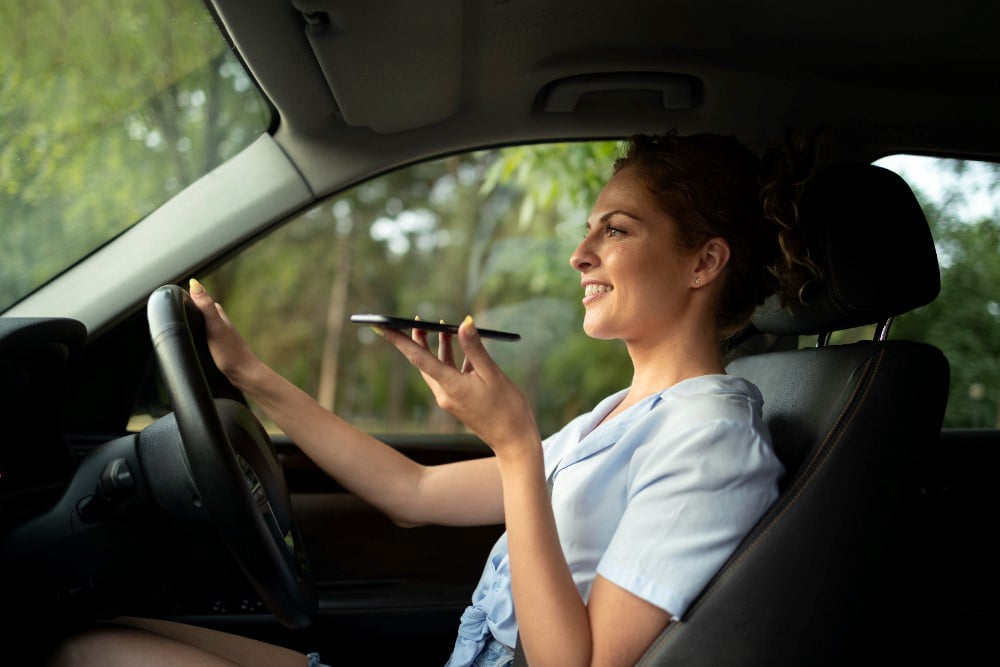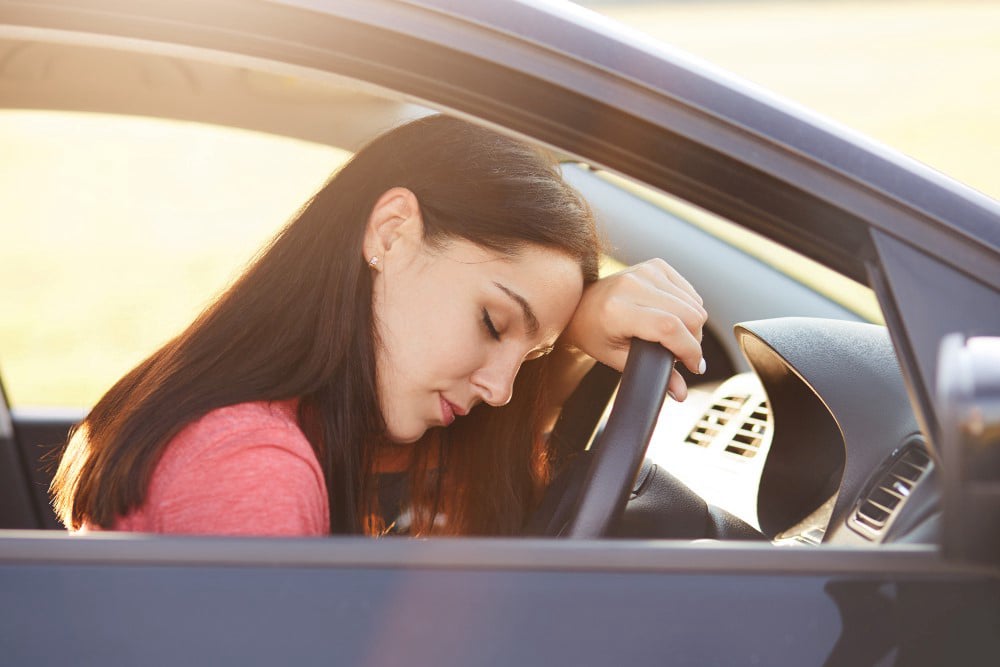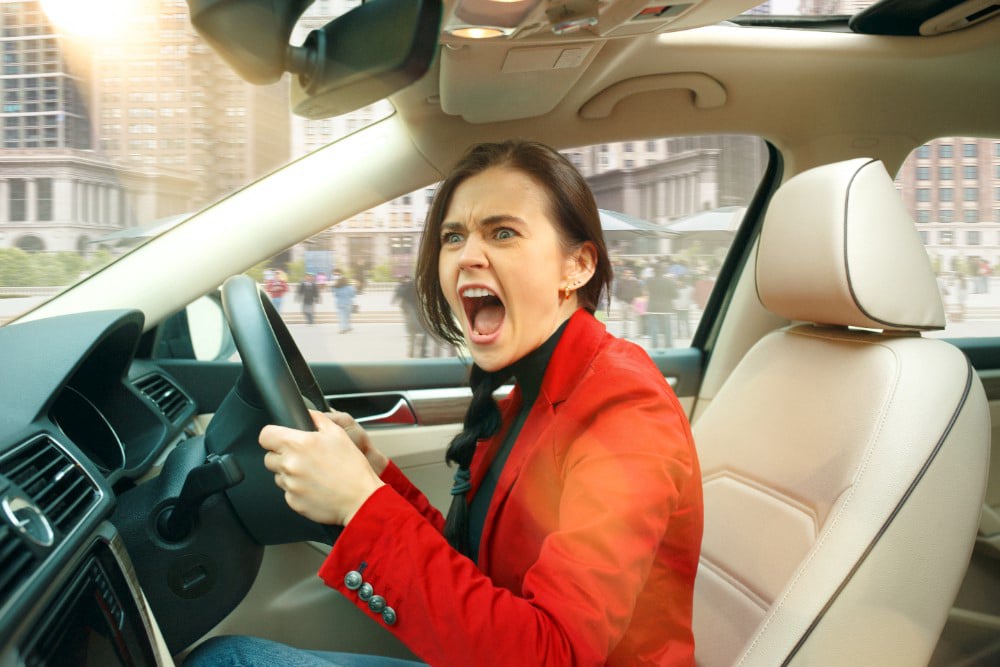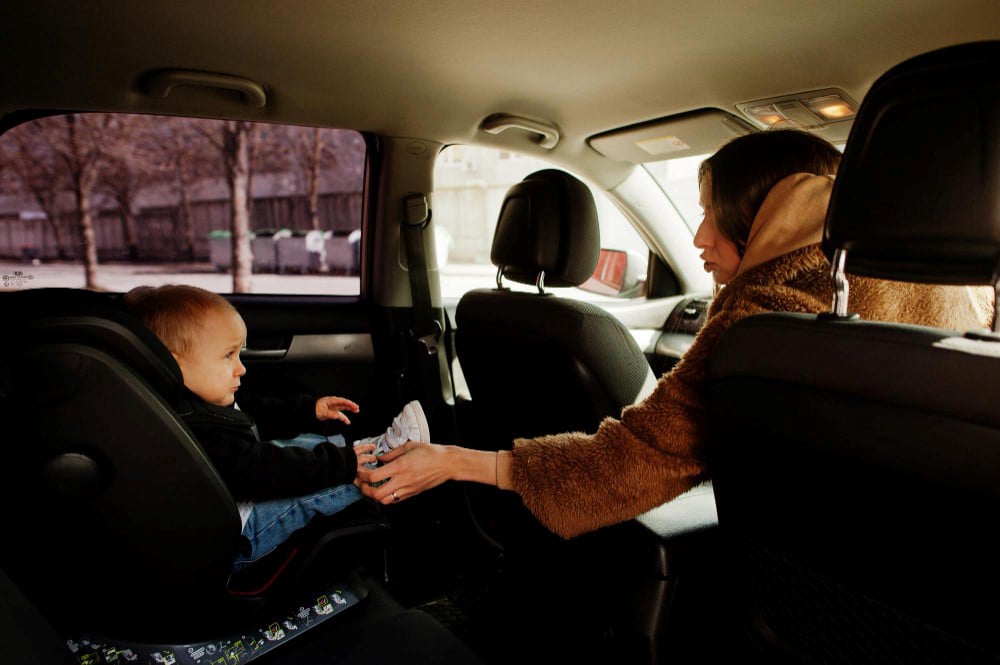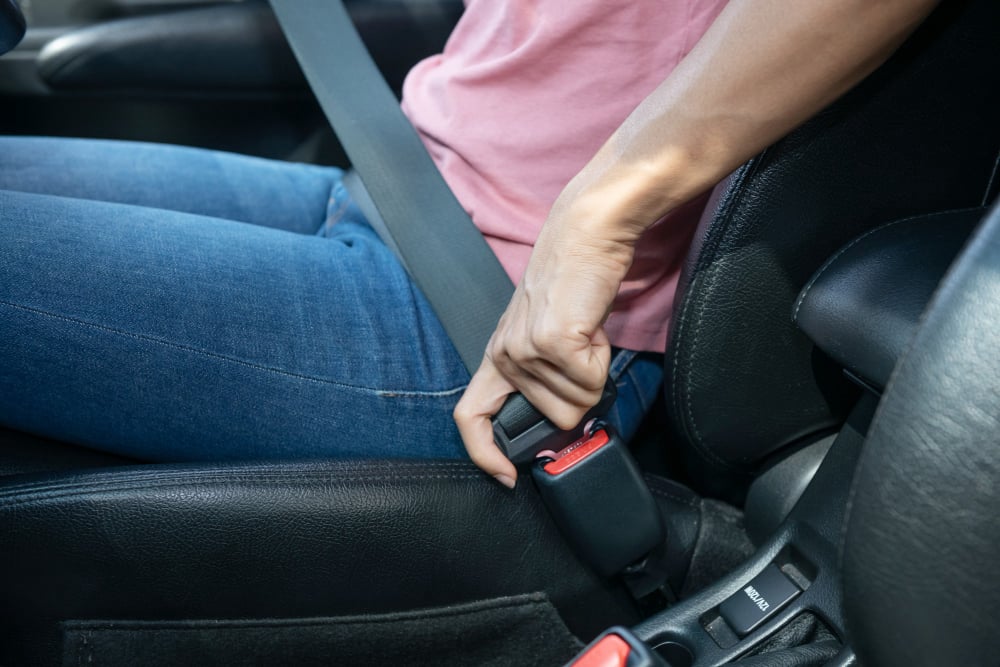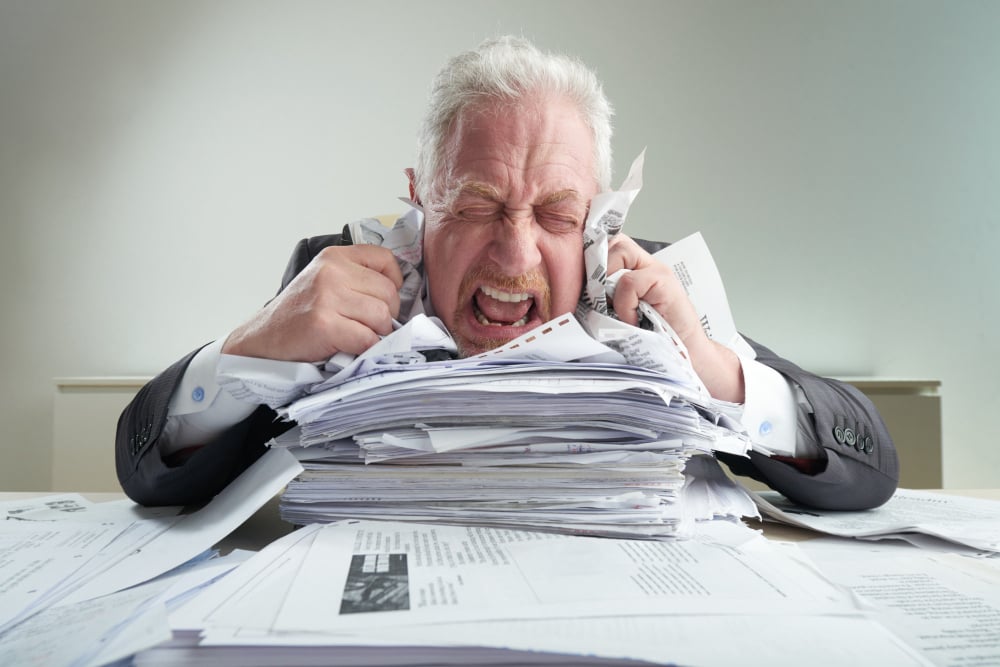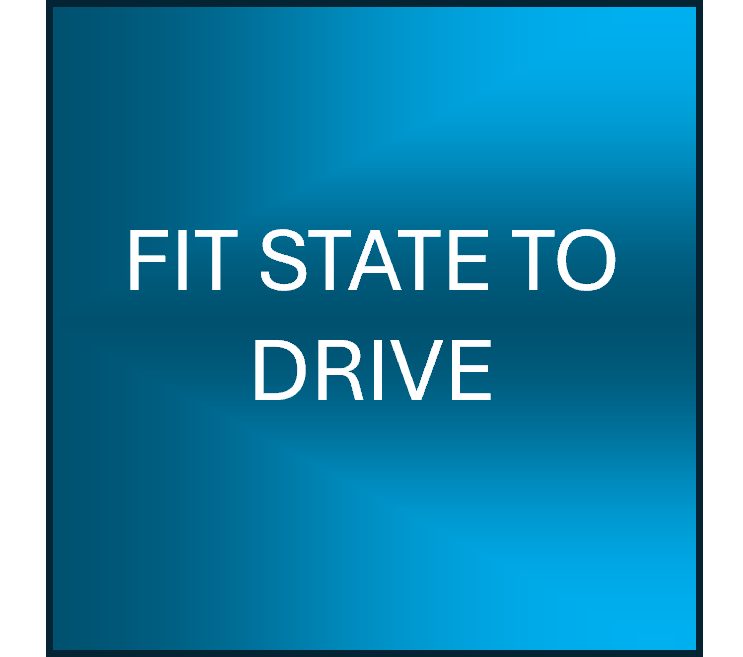
A subject that every driver should ask themselves before entering a vehicle.

A subject that every driver should ask themselves before entering a vehicle.
It really doesn't matter whether you think you're the best thing since sliced bread or not when it comes to driving.
You might be a really good driver with decades of experience having never had any incidents, or you might be an unconfident new driver who has just passed their driving test.
It doesn't matter where you are in your driving journey of experience, but what does matter is how you approach each and every journey that your take .
If you don't believe that EVERY person has a right to be on the roads safely with other road users, then you probably shouldn't be on the road in the first place.
Our mental and physical health affects everyone, and driving is not something you should be doing if either of them have been affected.
Do you think you're the best driver ever and can handle a car at speed?
That's great, and we're glad you have good ability. However, the public highway is not the place to prove it!
If you want to drive fast, find a legal racetrack where you can go Back to the future with Marty.
You'd never have passed the driving test and gained a driving licence if you were speeding, so what makes you think just because you have a full licence that those rules now don't apply to you?
Of the different individual factors for causing fatalities, travelling too fast for conditions has fallen substantially over the last ten years, from 625 fatalities in 2014 to 424 in 2023.
Exceeding the speed limit and aggressive, dangerous driving or reckless driving have both significantly increased over the same period.
Just one death is one too many, and if slowing down and driving to the road and weather conditions keeps you alive, surely it's worth it.
Being in charge of a vehicle while above the legal limit or unfit through drink You may get:
3 months’ imprisonment
up to £2,500 fine
A possible driving ban
Driving or attempting to drive while above the legal limit or unfit through drink
You may get:
6 months’ imprisonment
an unlimited fine
A ban from driving for at least 1 year (3 years if convicted twice in 10 years)
Refusing to provide a specimen of breath, blood or urine for analysis
You may get:
6 months’ imprisonment
an unlimited fine
A ban from driving for at least 1 year (3 years if convicted twice in 10 years)
Causing death by careless driving when under the influence of drink
You may get:
life imprisonment
an unlimited fine
A ban from driving for at least 5 years
an extended driving test before your licence is returned
You will not automatically get your licence back if you’re a high risk offender.
It’s illegal to drive if either:
you’re unfit to do so because you’re on legal or illegal drugs.
You have certain levels of illegal drugs in your blood (even if they have not affected your driving)
Legal drugs are prescription or over-the-counter medicines. If you’re taking them and not sure if you should drive, talk to your doctor, pharmacist or healthcare professional.
The police can stop you and make you do a ‘field impairment assessment’ if they think you’re on drugs. This is a series of tests, for example asking you to walk in a straight line. They can also use a roadside drug kit to screen for cannabis and cocaine.
If they think you’re unfit to drive because of taking drugs, you’ll be arrested and will have to take a blood or urine test at a police station.
You could be charged with a crime if the test shows you’ve taken drugs.
Prescription medicines
It’s illegal in England, Scotland and Wales to drive with legal drugs in your body if it impairs your driving.
It’s an offence to drive if you have over the specified limits of certain drugs in your blood and you have not been prescribed them.
Talk to your doctor about whether you should drive if you’ve been prescribed any of the following drugs:
amphetamine, for example dexamphetamine or selegiline
clonazepam
diazepam
flunitrazepam
lorazepam
methadone
morphine or opiate and opioid-based drugs, for example codeine, tramadol or fentanyl
oxazepam
temazepam
You can drive after taking these drugs if:
you’ve been prescribed them and followed advice on how to take them by a healthcare professional
they are not causing you to be unfit to drive even if you’re above the specified limits
You could be prosecuted if you drive with certain levels of these drugs in your body and you have not been prescribed them.
The law does not cover Northern Ireland but you could still be arrested if you’re unfit to drive.
Penalties for drug driving
If you’re convicted of drug driving you may get:
A minimum 1 year driving banAan unlimited fine
Up to 6 months in prison
A criminal record
Your driving licence will also show you’ve been convicted for drug driving. This will last for 11 years.
The maximum penalty for causing death by careless driving under the influence of drugs is life imprisonment.
If you’ve been negligent behind the wheel, you could be charged with careless or dangerous driving – and there are big differences between the two.
What counts as careless driving?
When your driving ‘falls below the standard expected of a competent and careful driver’, you could be charged with careless driving. Usually, it’s a momentary lapse of judgement or concentration.
Examples include:
Overtaking on the inside
Not returning to the left-lane after overtaking
Poor observation
Tailgating
Getting distracted behind the wheel
Not giving way when you should
Accidentally running a red light
Slow driving
Sudden braking
Dazzling other drivers or flashing your lights at them
Essentially, it’s all the little things you’re taught not to do when first learning to drive because they could lead to an accident.
What’s considered dangerous driving?
You can be found guilty of dangerous driving if ‘the way you drive falls far below what would be expected of a competent and careful driver, and it would be obvious to a competent and careful driver that driving in that way would be dangerous’. This is often prolonged or intentional behaviour.
Examples include:
Racing or competitive driving
Aggressive driving
Ignoring road signs and traffic lights
Driving under the influence of alcohol or drugs
Driving in an unfit state, such as while tired, injured, or on medication
Avoidably distracted
Using a defective vehicle
Driving while uninsured or disqualified
Are children screaming in the back?
Is your music too loud?
Are you on your mobile phone?
Are you eating or drinking ?
Are you reading a road map or paying too much attention to a Sat Nav?
Are you tired
By Law, You must wear a seat belt if one is fitted in the seat you’re using - there are only a few exceptions.
You’re also only allowed one person in each seat fitted with a seat belt.
You can be fined up to £500 if you do not wear a seat belt when you’re supposed to.
You must make sure that any children in the vehicle you’re driving are:
in the correct car seat for their height or weight until they reach 135 centimetres tall or their 12th birthday, whichever is first
wearing a seat belt if they’re 12 or 13 years old, or younger and over 135cm tall
You can be fined up to £500 if a child under 14 is not in the correct car seat or wearing a seat belt while you’re driving.
The latest road casualty statistics for 2022 show that 21% of car occupant fatalities in reported road collisions were not wearing a seatbelt. This indicates that car occupants who do not wear a seatbelt are disproportionately likely to be killed in road collisions.

